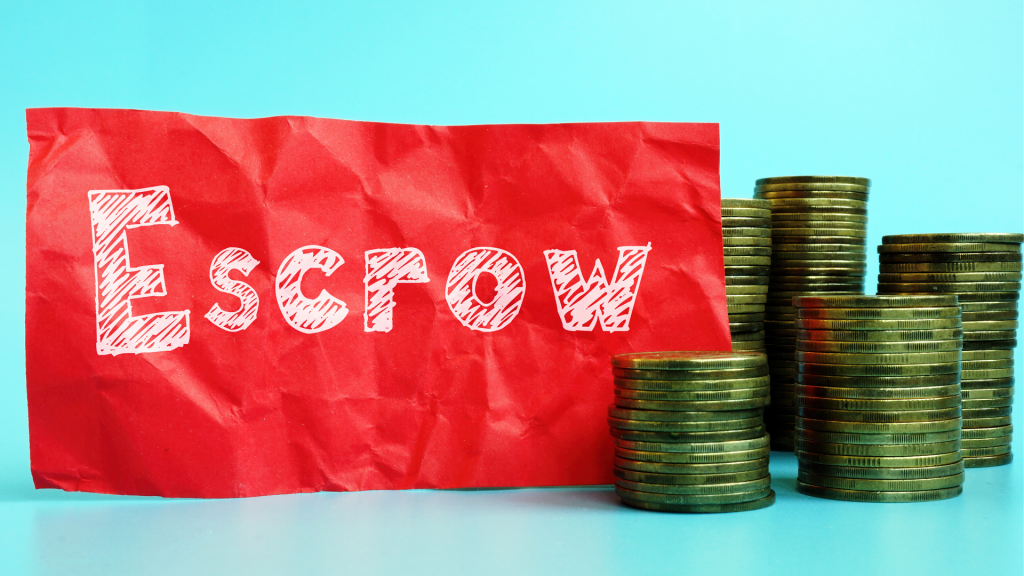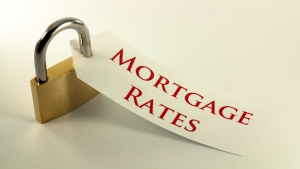
When you take out a mortgage, you might encounter something called an escrow account. Think of it as a financial safety net that helps manage your property-related expenses like taxes and insurance. Here’s how it works: each month, a portion of your mortgage payment goes into this account, which is managed by your lender[2].
The primary role of an escrow account is to ensure that your property taxes and insurance premiums are paid on time. This not only protects you from potential penalties but also safeguards the lender’s interest in the property. If these bills aren’t paid, you could face fines or even risk losing your home. With an escrow account, the lender takes care of these payments for you, so you don’t have to worry about saving up for them separately[1][3].
For many homeowners, having an escrow account simplifies budgeting. Instead of scrambling to pay large lump sums once or twice a year, you contribute smaller amounts monthly, making it easier to manage your finances[2]. However, it’s essential to note that the amount you pay into the escrow can fluctuate based on changes in your tax assessments or insurance premiums[1].
While some loans require an escrow account, others might give you the option to handle these payments yourself. If you’re disciplined with saving and prefer more control over your finances, managing these expenses independently might be appealing. But for many, the convenience and peace of mind offered by an escrow account make it a valuable part of their mortgage arrangement[2].
Contact one of our Mortgage Representatives today to assist you in meeting your homeownership goals!
Opinions expressed above are the personal opinions of the author and meant for generic illustration purposes only. For specific questions regarding your personal lending needs, please call RCB Bank at 855-BANK-RCB. With approved credit. Terms, qualifications and other restrictions apply. Member FDIC, Equal Housing Lender. RCB Bank NMLS #798151.
Sources:
[1] https://www.forbes.com/advisor/mortgages/mortgage-escrow/
[2] https://www.wsj.com/buyside/personal-finance/mortgage/what-is-escrow
[3] https://www.consumerfinance.gov/ask-cfpb/what-is-an-escrow-or-impound-account-en-140/



